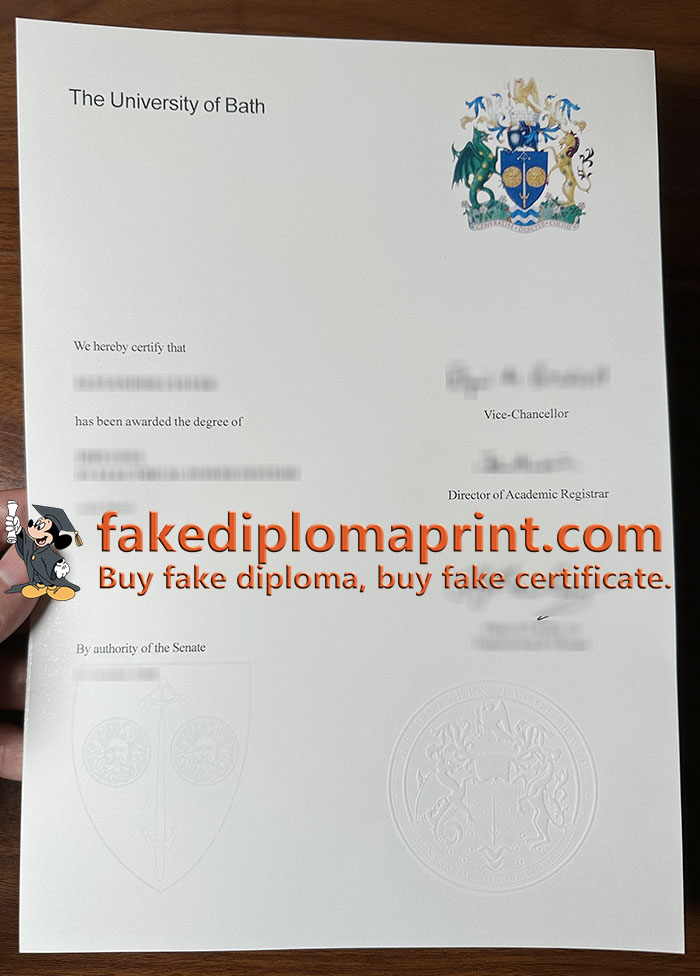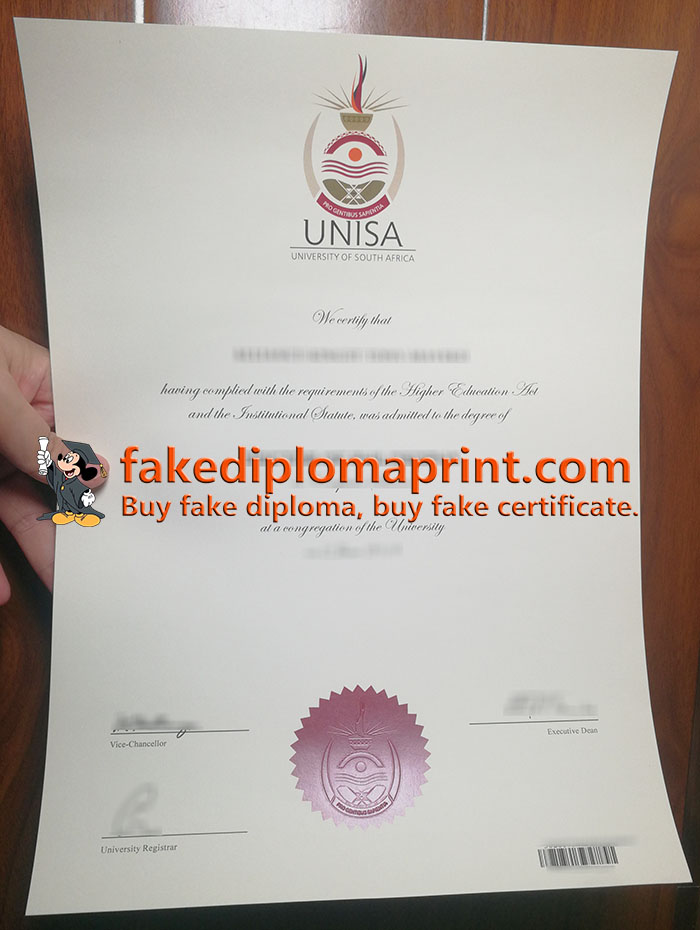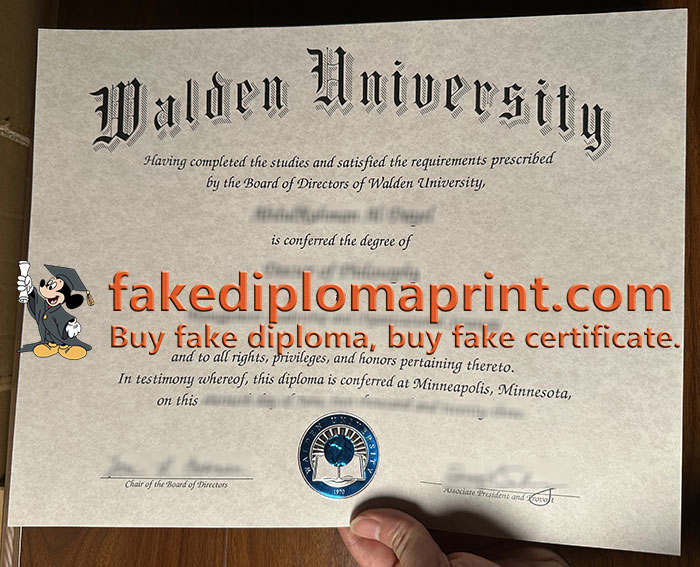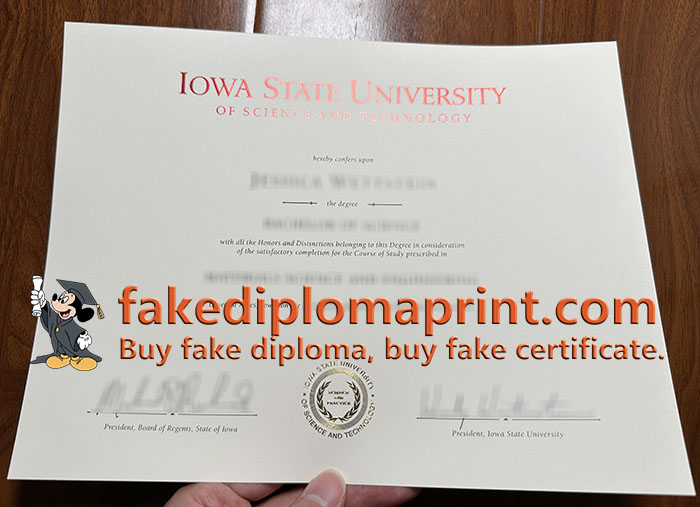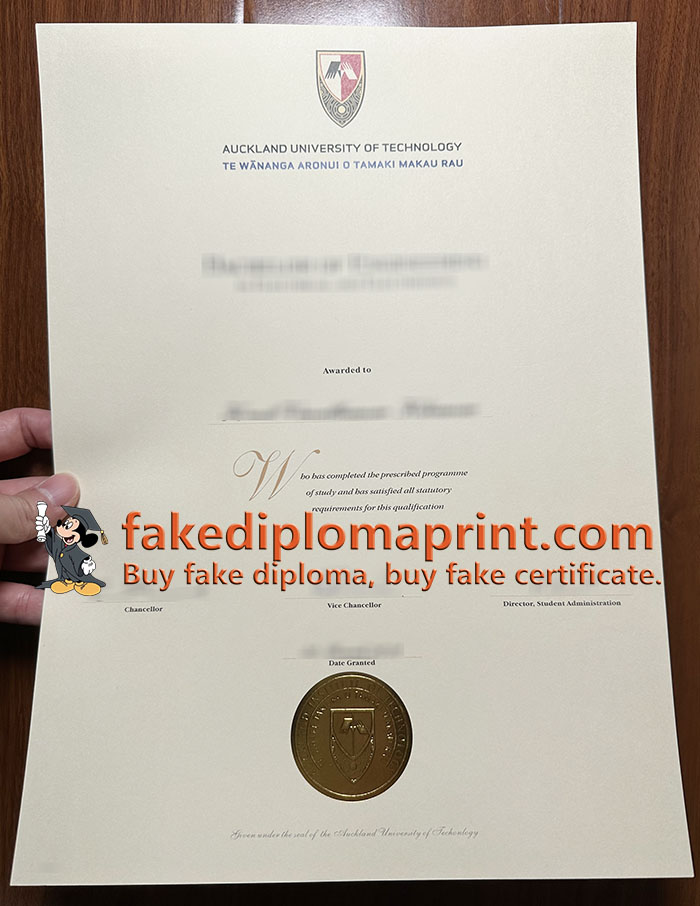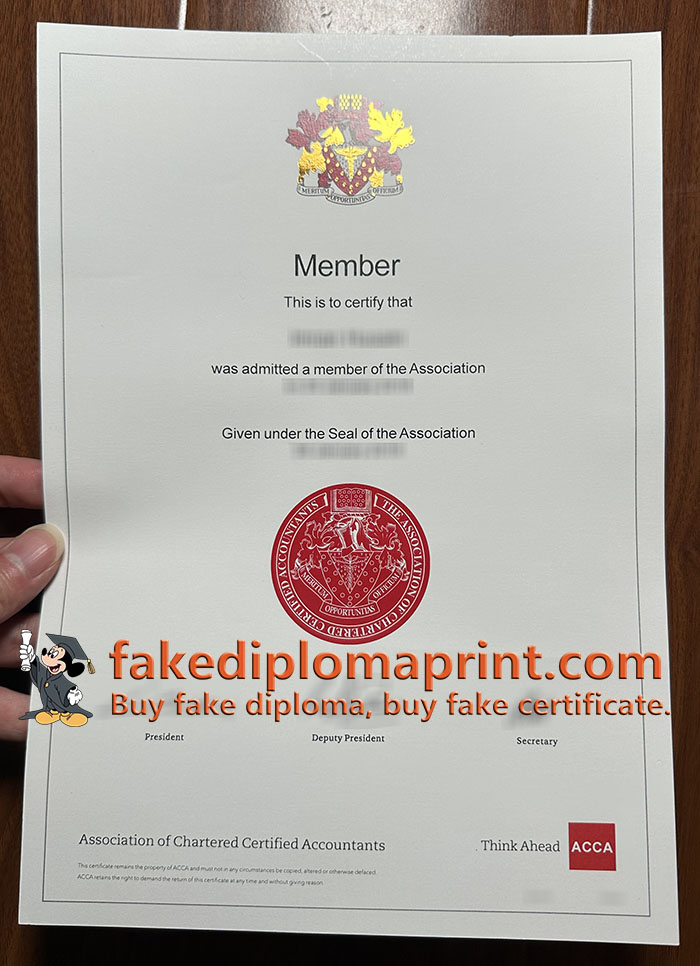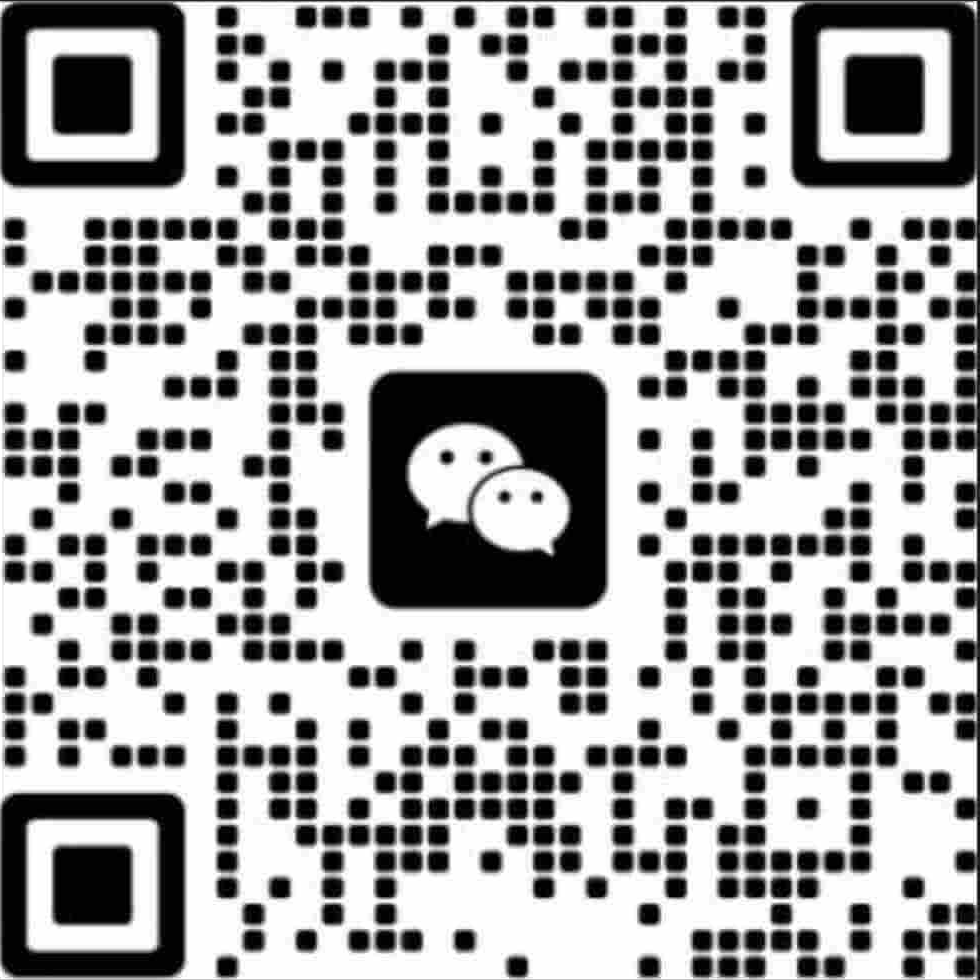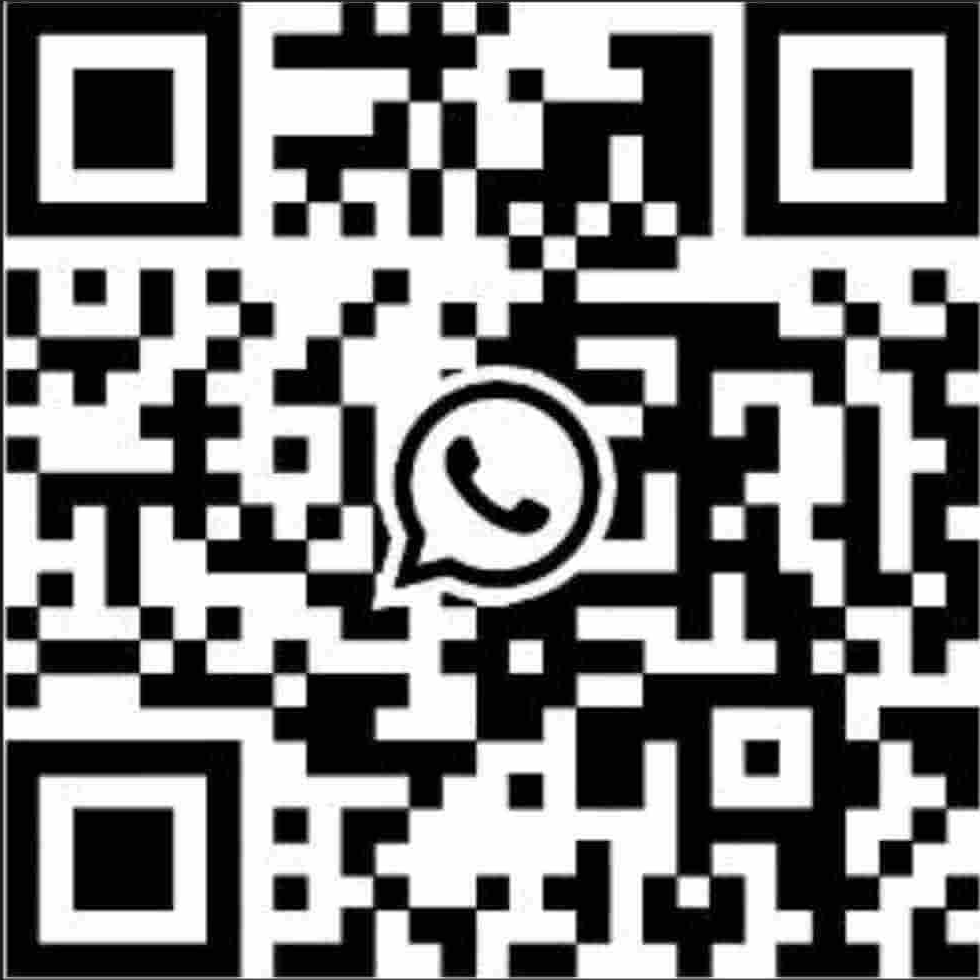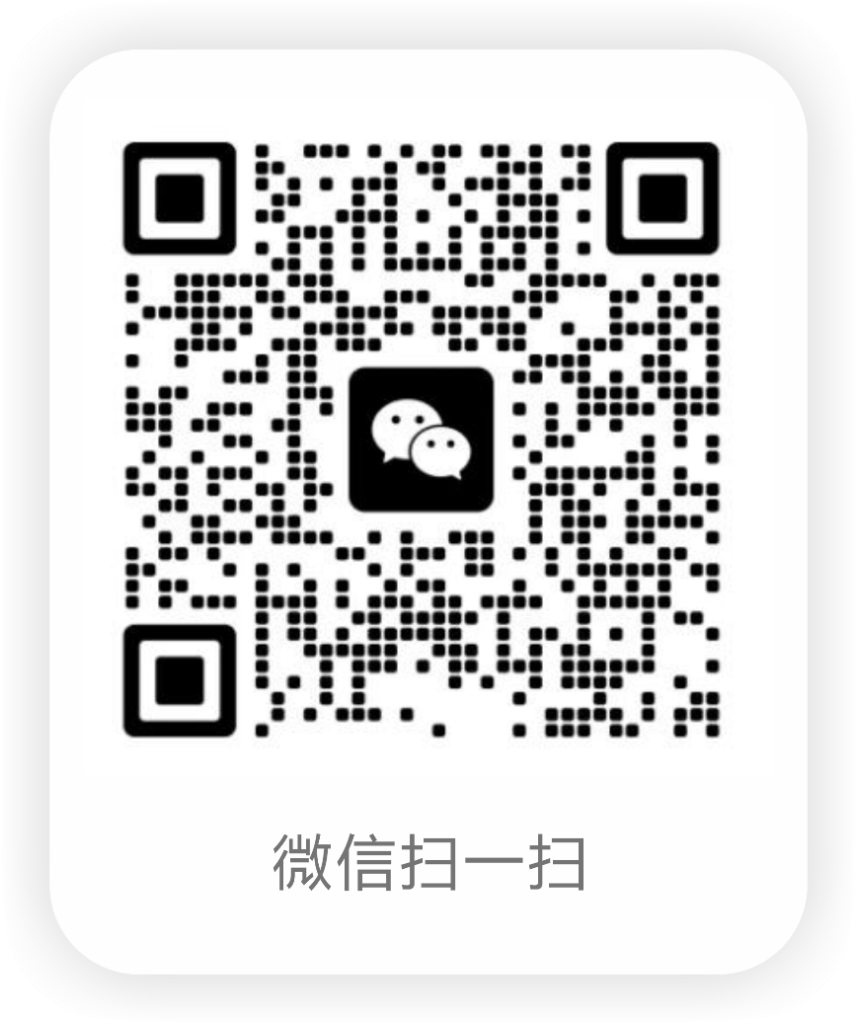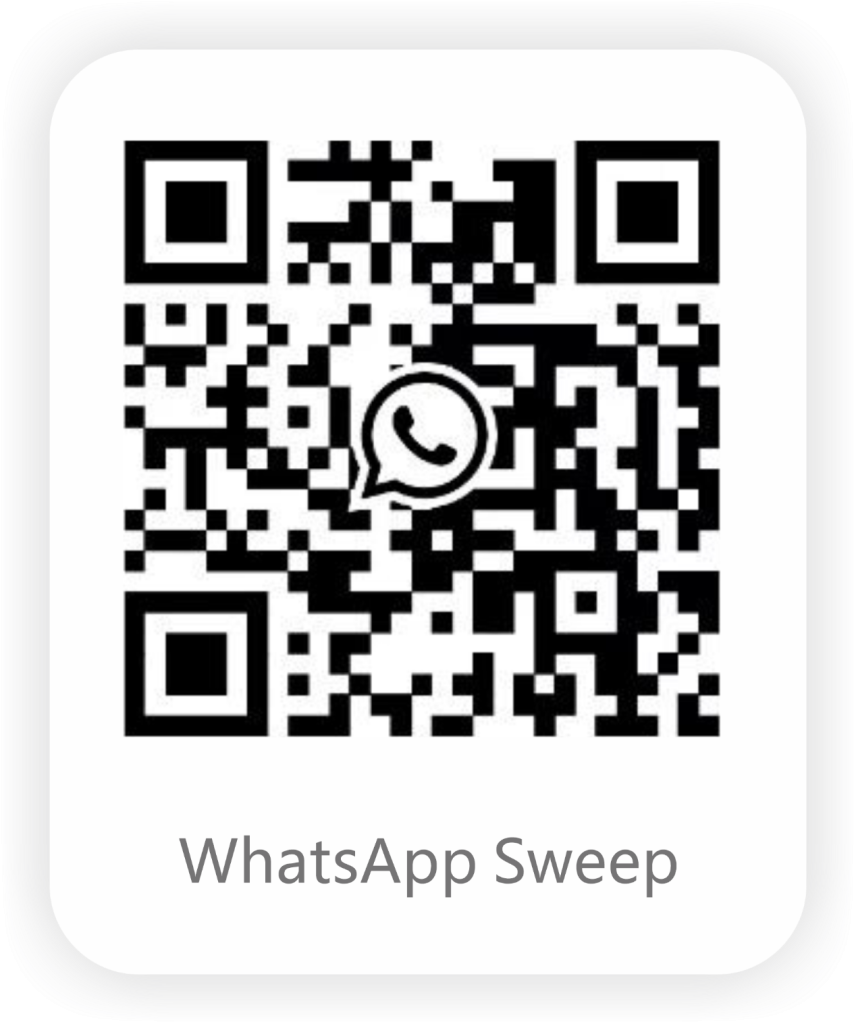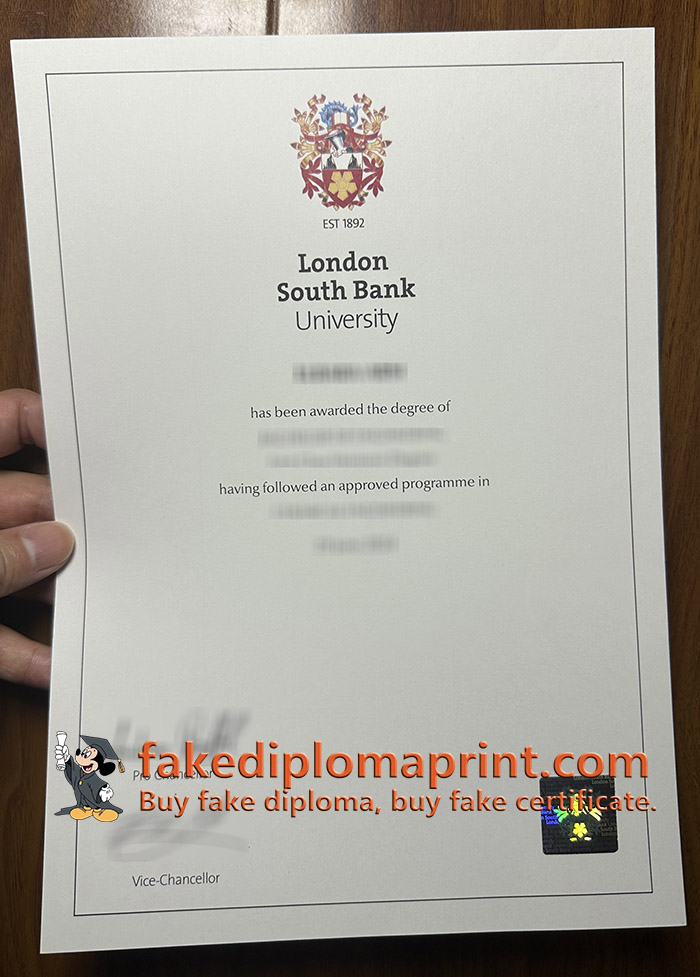
How to buy a fake London South Bank University degree in 3 days? Where to get a realistic London South Bank University degree certificate? London South Bank University (LSBU) is one of the largest and oldest universities in London. Since 1892, London South Bank University has been providing students with an education that is linked to the profession and accredited by professional bodies and professional associations. As a comprehensive and global university, London South Bank University has more than 25,000 students from more than 140 countries. The quality of the school’s teaching is rated at the highest level by the independent Quality Assurance Agency (QAA) and the school is proud of its outstanding achievements in developing outstanding students.
How much does to order a fake London South Bank University degree certificate online?
LSBU has a flexible teaching method and a wide range of courses, giving students a variety of choices. Many of LSBU’s courses fully reflect the school’s great emphasis on employability and have passed the certification of first-class industry bodies. This means that the content of your studies is industry-recognised and relevant to the requirements of the workplace in London, the UK and even the rest of the world. More than half of the students are ethnic minority students, and there are about 300-300 Chinese students, most of whom are studying business. Many of the school’s programmes come with internships and practical lessons. All majors are recognized by, or developed in conjunction with, major academic institutions. For example, the school is a gold educational institution approved by ACCA to provide courses; The school has partnered with IBM in the fields of informatics and computing.
South Bank University has two libraries, located on the main campus and in Havelin. The campus library has a collection of more than 300,000 volumes and more than 10,000 periodicals. The school’s new Learning Resource Center opened in 1996. This learning resource center has 400 workstations, and students can access information through broadband wireless networks with external databases, the Internet or joint academic networks.



